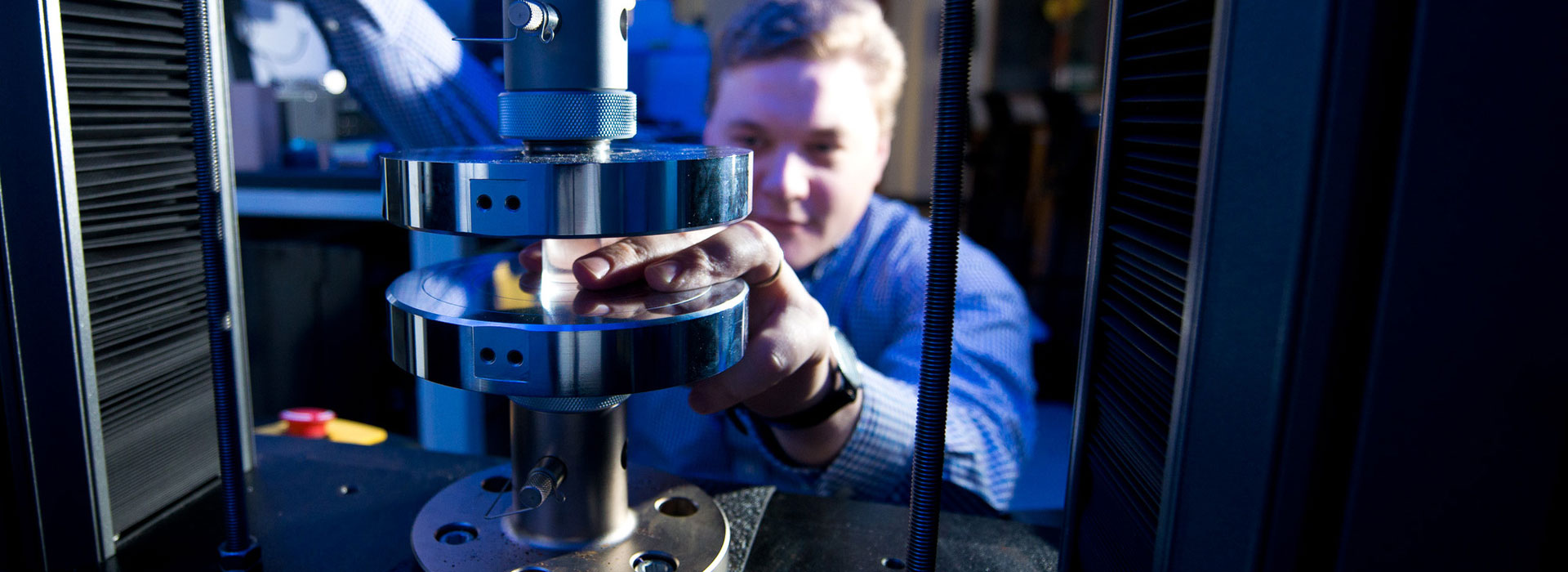

EUROLAB laboratory provides testing and compliance services within the scope of ASTM D1480 standard. The ASTM D1480 standard covers two procedures for measuring the density of materials that are fluid at the desired test temperature. Its application is limited to liquids with vapor pressures below 80 kPa (600 mm Hg) and viscosities below 40 000 mm 2/s (cSt) at the test temperature. The yest method D1217 should be used to determine the density of materials that are fluid at normal temperatures.
-icin-standart-test-yontemi.jpg)
The ASTM D1480 method is designed for use at any temperature between 20 °C and 100 °C. Can be used at higher temperatures; but in this case the precision division is not applicable. This test method provides a calculation procedure for converting density to specific gravity.
Density is a key physical property that can be used in conjunction with other properties to characterize both the light and heavy fractions of oil and to evaluate the quality of crude oils.
The determination of the density or relative density of oil and its products is necessary to convert the measured volumes to volumes at standard temperatures of 15 °C. The determination of densities at high temperatures such as 40 °C and 100 °C is particularly useful in providing the data needed to convert the kinematic viscosities in mm²/s (centistokes) to the corresponding dynamic viscosities in mPa·s (centipedes).
For the ASTM D1480 test method, the sample is placed in a Bingham pycnometer. The liquid sample is introduced into the pycnometer, equilibrated to the desired temperature and weighed. Density or specific gravity is then calculated from this weight and the predetermined calibration factor and a correction for the buoyancy of the air is applied.
The liquid sample is introduced into the pycnometer, equilibrated to the desired temperature and weighed. Density or specific gravity is then calculated from this weight and the predetermined calibration factor and a correction for the buoyancy of the air is applied.
Mercury has been identified by many regulatory agencies as a hazardous substance that can cause serious medical problems. Mercury or its vapors are proven to be harmful to health and corrosive to materials. Be careful when using mercury and products containing mercury. See the applicable product Safety Data Sheet (SDS) for additional information. The sale of mercury or products containing mercury, or both, has the potential to be prohibited by local or national law. Users must determine the legality of sales in their location.
Values stated in SI units should be accepted as standard. No other units of measurement are included in this standard.
This standard does not purport to address all, if any, safety concerns associated with its use. It is the responsibility of the user of this standard to establish appropriate safety, health and environmental practices and to determine the applicability of regulatory restrictions prior to use.
Our organization, EUROLAB, provides standard test method services for the density and relative density (specific gravity) of viscous materials with bingham pycnometer, within the framework of national and international standards, with its trained and expert staff and advanced technological equipment, among numerous test, measurement, analysis and evaluation studies. Provides testing services within the scope of ASTM D1480 standard.
To get an appointment, to get more detailed information or to request an evaluation, you can ask us to fill in our form and reach you.